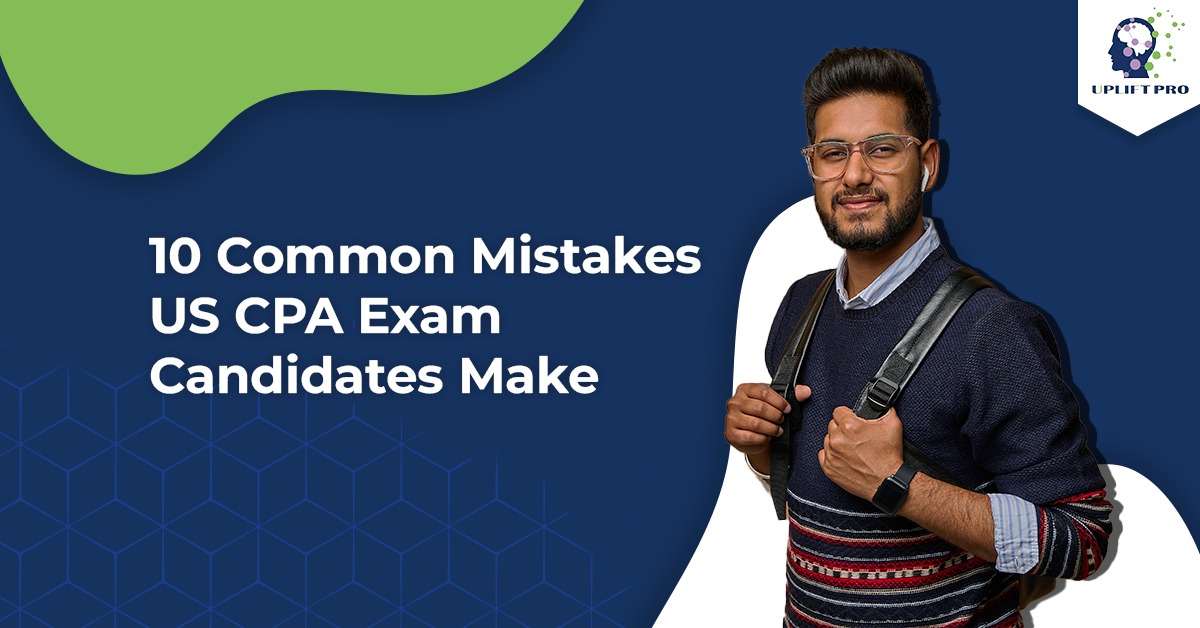10 Common Mistakes US CPA Exam Candidates Make | Uplift Professionals
Many of us know that CPA US has rewarding benefits like higher lifetime earnings and faster career advancement. The fact is this is not everyone’s cup of tea. The opposite side of those benefits is the tough cost to earn the CPA certificate. It is often difficult and time consuming to become a CPA. One […]

